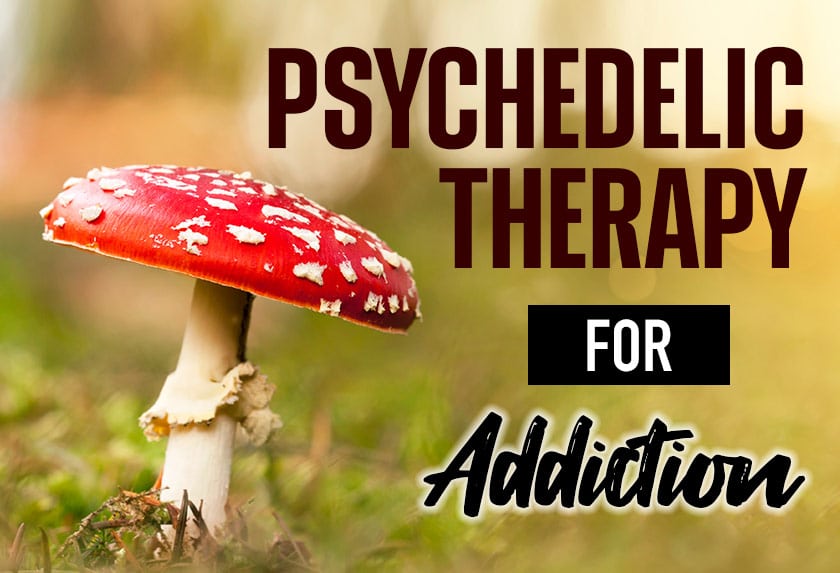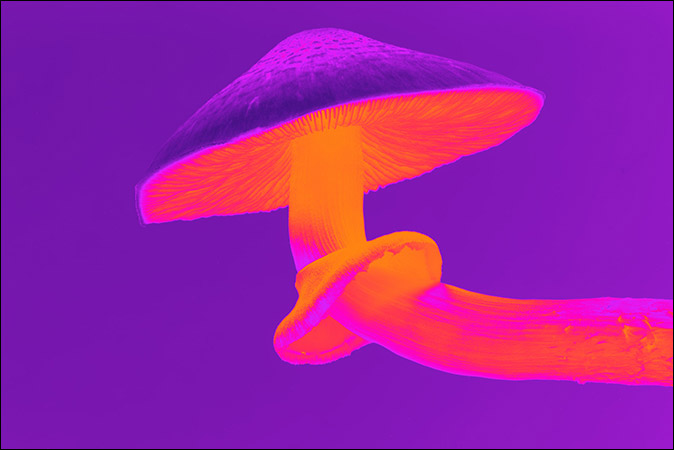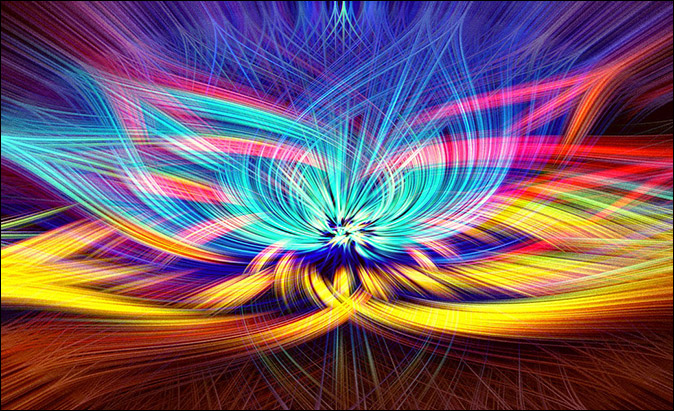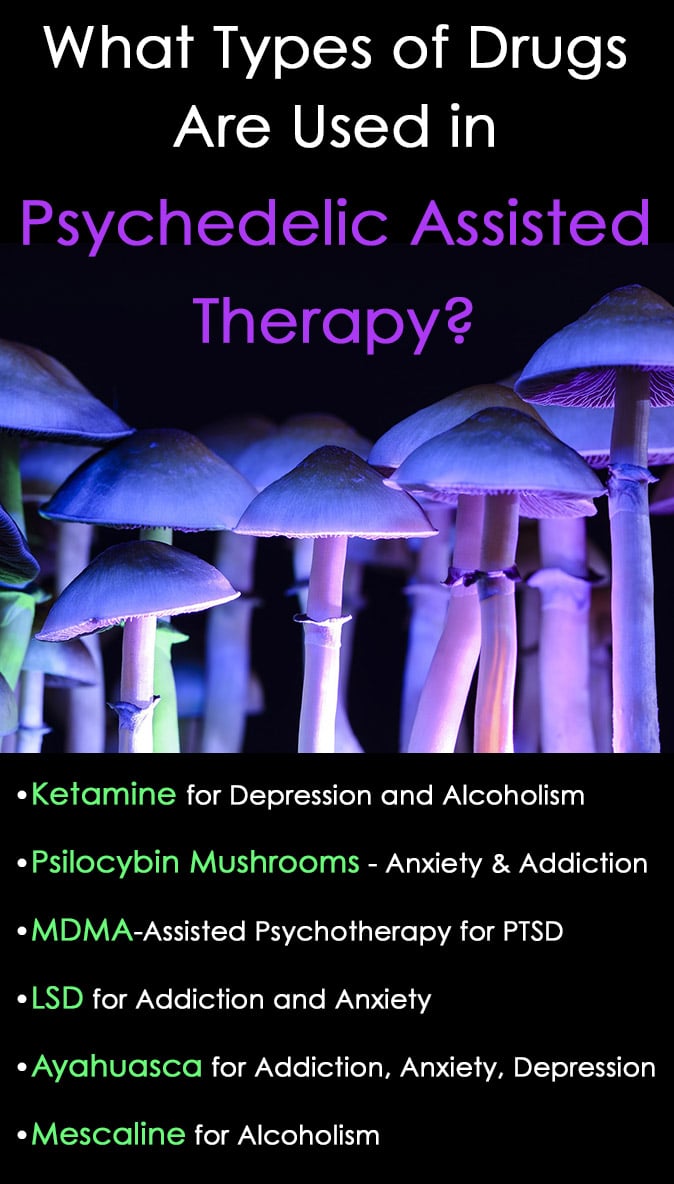Psychedelic Therapy, or Psychedelic Assisted Therapy as it’s sometimes referred to, involves the use of psychedelic drugs to aid in treating a variety of mental health and even addiction related issues.
Interestingly, this treatment approach for mental health, addiction, and other issues is not new.
With the passage of the Controlled Substance Act in 1970, which made most psychedelic drugs illegal, researchers lost the ability to continue or further their studies and possibilities of using psychedelic therapy for therapeutic use.
Recently, though, the Food and Drug Administration has allowed for some “breakthrough therapy” designations. This has cleared a path for researchers to start clinical trials using some psychedelic drugs in humans suffering from conditions ranging from depression to post-traumatic stress disorder and, of course, addiction to drugs and alcohol.
There is so much promise in these types of treatment therapies that even prestigious hospitals, like the Johns Hopkins Center for Psychedelic & Consciousness Research, are leading the charge.
Current research is especially interested in the therapeutic effects of naturally occurring psychedelics, such as psilocybin mushrooms or “magic mushrooms,” mescaline, which comes from peyote, and ayahuasca. Synthetic psychedelics like LSD or “acid,” and MDMA, commonly called “ecstasy,” are also being studied.
What is Psychedelic Assisted Therapy?
Though it is a complex process, the short answer is that psychedelic assisted therapy combines “talk therapy” with the ingestion of a particular psychedelic drug.
There is, however, an involved process before actually reaching the stage where a person uses psychedelics during a therapy session.
First, a patient works with their therapist a number of times without psychedelic drug involvement to develop an understanding of the patient’s specific issues and needs.
These discussions are meant to pinpoint problems as well as build trust between the patient and the therapist. Trust is a very important aspect for successful outcomes.
During this preparation phase, the therapist is also prepping their patient on some of the challenges they might face during the actual psychedelic session.
Mind Medicine, based in Australia, labels this the preparation phase.
The actual psychedelic assisted therapy sessions (psychedelic psychotherapy) can last as long as eight hours, with some therapists favoring anywhere from 2 to 3 sessions spaced a few months apart.
This allows a patient during the ongoing therapy to integrate what they learned during their guided psychedelic session into the expectations or goals set during preparation.
In some cases, there are two therapists present during the psychedelic experience. The settings are generally made to feel comfortable, as if you’re in someone’s living room, even though the sessions are very likely conducted in a research facility.
What is Microdosing Psychedelics?
The term Microdosing Psychedelics refers to taking a very small amount of a psychedelic drug usually around a tenth of a normal dose. In such small quantities, the idea is to receive the therapeutic effect of the drug without experiencing its psychedelic properties or getting high.
Microdosing became something of a fad that started in Northern California’s Silicon Valley, where tech workers claimed it enhanced their creativity and productivity.
However, there is little hard data or research to backup these claims as of yet.
What Types of Drugs are Used in Psychedelic Therapy?
In some places around the country there are legal psychedelics or psychedelic drugs that have been decriminalized. The state of Oregon was the first to legalize “magic mushrooms,” while cities like Denver, Colorado, and Oakland, California, have both decriminalized psilocybin mushrooms.
It is important to note, though, that these approaches like psilocybin therapy are still in the clinical trial phase and not necessarily widely accessible through legitimate means.
Promising psychedelic drugs include some of the following:
- Ketamine therapy (or ketamine infusion therapy) for depression and potentially alcohol use disorder and addiction
- Psilocybin mushrooms for anxiety and addiction
- MDMA-assisted psychotherapy for PTSD
- LSD for addiction and anxiety
- Ayahuasca for addiction, anxiety, and depression
- Mescaline for alcoholism
Recreational psychedelic drug use, especially for the unitiated, is not recommended. These are powerful drugs and they can come with serious side effects, such as seizures, psychosis, severe dehydration, hallucinations, and potentially even addiction.
Psychedelic Therapy Problems With Drug Scheduling
Part of the problem with expediting current research levels lies in the fact that the Drug Enforcement Agency (DEA) classifies many of the psychedelic drugs used in psychedelic therapy nationally as Schedule I drugs.
Drugs are categorized into five categories, with Schedule I drugs being the strictest level. These are usually not available for research without jumping through substantial hurdles.
Schedule I drugs are not available by prescription and are considered to have a high potential for abuse, and physical or psychological dependence. They are also thought to have no medical use, although that is changing now.
Schedule I Drugs Used For Psychedelic Assisted Therapy Include:
- Lysergic Acid Diethylamide (LSD)
- Mescaline
- Peyote
- Psilocybin Mushrooms
- MDMA (Ecstasy or Molly)
Ketamine is another popular drug used in various forms of psychedelic therapy but it is a Schedule III drug because it has some medical use in the veterinary industry and the potential for abuse or dependence is much lower than Schedule I or II drugs.
In March of 2019, the FDA approved the use of Spravato nasal spray for treatment-resistant depression. Spravato, also called Esketamine, is a form ketamine that has shown much promise for patients overcoming depression symptoms when other medications have failed to show positive results.
The Future of Psychedelic Therapy
More research is needed to see just how beneficial psychedelic therapy might be for mental health and depression, but some health care experts are confident that these drugs will be a new frontier for treating issues that afflict the human condition.
Because many psychedelic therapy treatments use very low doses during the sessions, there is less risk than when taking full doses. And since the sessions are guided by medical professionals in a proper setting, the patients are in a safe environment and monitored at all times.
While psychedelic assisted therapy is considered a new way of treating mental health and addiction issues, the future looks bright.
Over a decade ago, medication assisted treatment (MAT) was considered a new and controversial way of treating alcohol or drug addiction using other types of drugs.
Today, many medical organizations and healthcare professionals, including the American Medical Association (AMA), view medication assisted treatment as one of the most effective ways of treating heroin and opioid addiction and combatting the current opioid epidemic.
Time will tell if the same will be true of using psychedelic therapy for treating addiction and mental health issues like depression and PTSD. Things certainly look encouraging from where we stand now and the future could see psychedelic clinics around the country using MDMA, ketamine, psilocybin and other drugs for therapy.
















